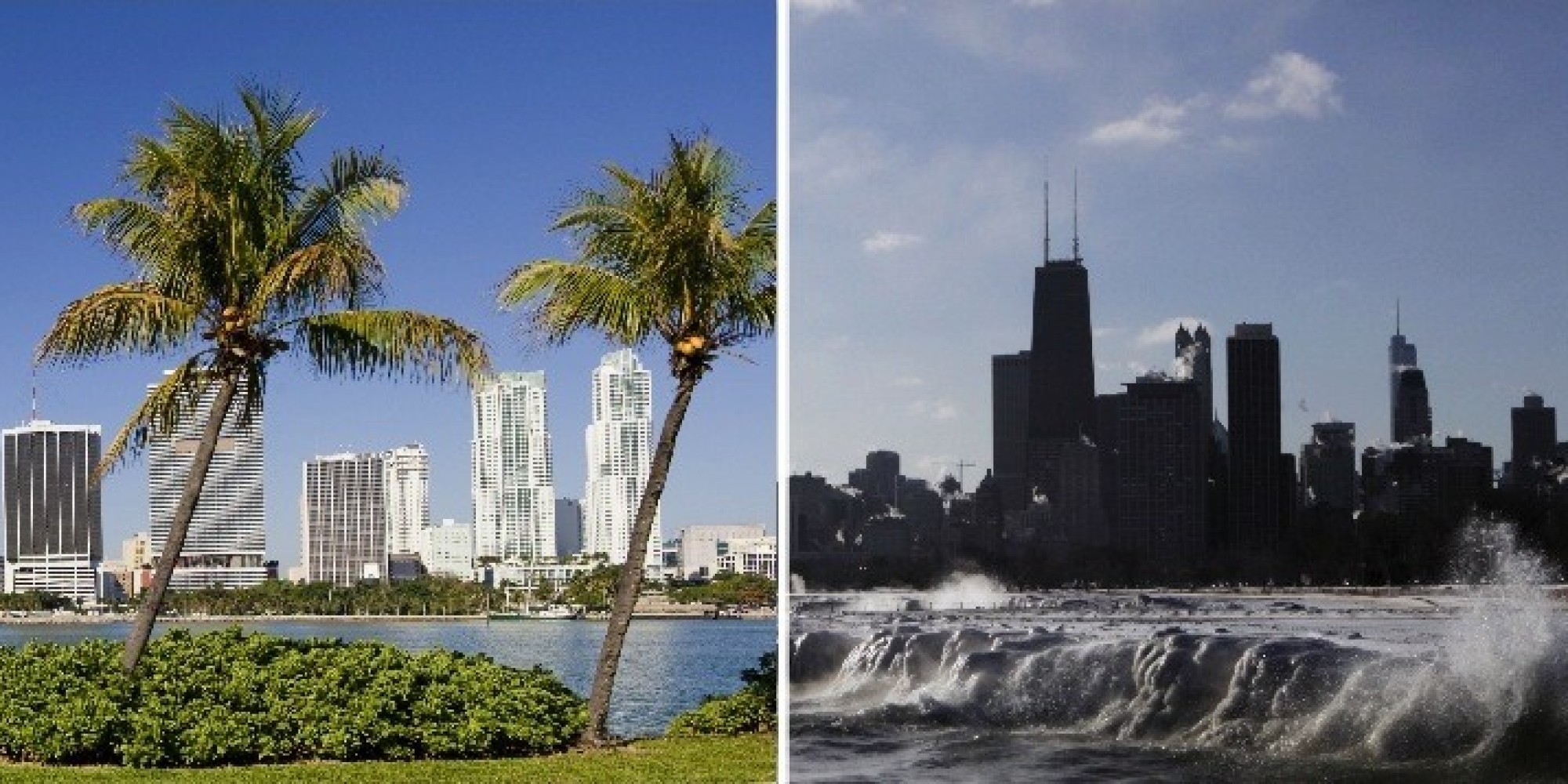Your What are the power of supreme court of india images are ready in this website. What are the power of supreme court of india are a topic that is being searched for and liked by netizens today. You can Get the What are the power of supreme court of india files here. Find and Download all free images.
If you’re searching for what are the power of supreme court of india pictures information related to the what are the power of supreme court of india interest, you have come to the right blog. Our website frequently gives you suggestions for downloading the highest quality video and image content, please kindly hunt and locate more enlightening video content and graphics that match your interests.
What Are The Power Of Supreme Court Of India. The constitution of india envisages a very healthy system of judicial review and it depends upon the india judges to act in a way as to mantain the spirit of democracy. In a federal state, the constitution is supreme law of the land and the judiciary is usually vested with power to protect the constitutional provisions. The supreme court of india has the supreme responsibility of interpreting and protecting it. The supreme court of america is the guardian of its constitution.
 Time Magazine�s Chilling Oklahoma Tornado Cover (PHOTO From huffingtonpost.com
Time Magazine�s Chilling Oklahoma Tornado Cover (PHOTO From huffingtonpost.com
Complete & final justice by supreme court of india under article 142 of constitution of india. For example, chief justice of india or the other supreme court judges is appointed by it to carry out its functions. The supreme court is also vested with the power of judicial review to ensure the application of the rule of law. The supreme court of india has the supreme responsibility of interpreting and protecting it. The supreme court of india is the highest judicial court under the constitution of india, the highest constitutional court, with the power of judicial review. Indian judiciary is very well formed with great interweaving.
The supreme court of india has the supreme responsibility of interpreting and protecting it.
The judicial system is same for whole india. Indian judiciary is very well formed with great interweaving. The judges of supreme court are appointed by the president in consultation with such other judges of the supreme court and high court. The supreme court is the apex court of india. Consisting of the chief justice of india and a maximum of 34 judges, it has extensive powers in the form of original, appellate and advisory jurisdictions. The judicial system is same for whole india.
 Source: huffingtonpost.com
Source: huffingtonpost.com
The supreme court of india as a successor of federal court of india after the commencement of constitution of india inherited the great traditions built by the federal court. Supreme court at the apex of the indian judiciary is the highest authority to uphold the constitution of india, to protect the rights and liberties of the citizens, and to. Once again we welcome you to the new website of the supreme court of india which has been developed in house, with a hope to provide easy access to justice, to one and all. Though the person has to be qualified for the job. The constitution of india is the supreme law of the land.
 Source: huffingtonpost.com
Source: huffingtonpost.com
Consisting of the chief justice of india and a maximum of 34 judges, it has extensive powers in the form of original, appellate and advisory jurisdictions. Complete & final justice by supreme court of india under article 142 of constitution of india. The supreme court of america is the guardian of its constitution. The supreme court of india is the highest judicial court under the constitution of india, the highest constitutional court, with the power of judicial review. The supreme court acts as the guardian of the constitution in india.
 Source: huffingtonpost.com
Source: huffingtonpost.com
Indian judiciary is very well formed with great interweaving. The supreme court of india is the highest judicial court under the constitution of india, the highest constitutional court, with the power of judicial review. Article 142 of constitution of india empowers the hon’ble supreme court of india to pass any decree or order necessary for doing “complete justice” in any matter pending before it. It is the last resort in case of appeals. Supreme court at the apex of the indian judiciary is the highest authority to uphold the constitution of india, to protect the rights and liberties of the citizens, and to.
 Source: huffingtonpost.com
Source: huffingtonpost.com
Appellate jurisdiction is the power of a supreme court to review, amend, and overrule decisions of the lower court. Consisting of the chief justice of india and a maximum of 34 judges, it has extensive powers in the form of original, appellate and advisory jurisdictions. The supreme court of india is the highest judicial court under the constitution of india, the highest constitutional court, with the power of judicial review. Article 142 of constitution of india empowers the hon’ble supreme court of india to pass any decree or order necessary for doing “complete justice” in any matter pending before it. It also works as intermediary in the […]
 Source: huffingtonpost.com
Source: huffingtonpost.com
It has the power to reject any law which it finds to be unconstitutional. The procedure of the supreme court of india the supreme court of india has powers to consult the president to regulate the practice and procedure of the court. Article 142 of constitution of india empowers the hon’ble supreme court of india to pass any decree or order necessary for doing “complete justice” in any matter pending before it. The constitutional cases are usually decided by a bench consisting of five judges whereas other cases are decided by a bench of at least three judges. In a federal state, the constitution is supreme law of the land and the judiciary is usually vested with power to protect the constitutional provisions.
 Source: huffingtonpost.com
Source: huffingtonpost.com
The supreme court of india as a successor of federal court of india after the commencement of constitution of india inherited the great traditions built by the federal court. The supreme court has been conferred with power to direct transfer of any civil or criminal case from one state high court to another state high court or from a court subordinate to another state high court. It is the last resort in case of appeals. Article 142 of constitution of india empowers the hon’ble supreme court of india to pass any decree or order necessary for doing “complete justice” in any matter pending before it. Consisting of the chief justice of india and a maximum of 34 judges, it has extensive powers in the form of original, appellate and advisory jurisdictions.
 Source: huffingtonpost.com
Source: huffingtonpost.com
Appellate jurisdiction is the power of a supreme court to review, amend, and overrule decisions of the lower court. Bhāratīya ucchatama nyāyālaya) is the supreme judicial body of india and the highest court of the republic of india under the constitution.it is the most senior constitutional court, and has the power of judicial review.the chief justice of india is the head and chief judge of the supreme court, which consists of a maximum of 34 judges and has. Consisting of the chief justice of india and a maximum of 34 judges, it has extensive powers in the form of original, appellate and advisory jurisdictions. For example, chief justice of india or the other supreme court judges is appointed by it to carry out its functions. The supreme court of india has the supreme responsibility of interpreting and protecting it.
 Source: huffingtonpost.com
Source: huffingtonpost.com
It is the highest court of appeal in the civil and criminal cases. (ii) highest court of justice and hears appeals against high court decisions, civil and criminal cases. The powers of the supreme court 1.original jurisdiction: In a federal state, the constitution is supreme law of the land and the judiciary is usually vested with power to protect the constitutional provisions. Supreme court has the duty to protect what is envisaged under the constitution of india other than its judicial function.
 Source: huffingtonpost.com
Source: huffingtonpost.com
The judicial system is same for whole india. Though the person has to be qualified for the job. The supreme court of india is the highest judicial court under the constitution of india, the highest constitutional court, with the power of judicial review. Bhāratīya ucchatama nyāyālaya) is the supreme judicial body of india and the highest court of the republic of india under the constitution.it is the most senior constitutional court, and has the power of judicial review.the chief justice of india is the head and chief judge of the supreme court, which consists of a maximum of 34 judges and has. In a federal state, the constitution is supreme law of the land and the judiciary is usually vested with power to protect the constitutional provisions.
This site is an open community for users to do sharing their favorite wallpapers on the internet, all images or pictures in this website are for personal wallpaper use only, it is stricly prohibited to use this wallpaper for commercial purposes, if you are the author and find this image is shared without your permission, please kindly raise a DMCA report to Us.
If you find this site good, please support us by sharing this posts to your favorite social media accounts like Facebook, Instagram and so on or you can also save this blog page with the title what are the power of supreme court of india by using Ctrl + D for devices a laptop with a Windows operating system or Command + D for laptops with an Apple operating system. If you use a smartphone, you can also use the drawer menu of the browser you are using. Whether it’s a Windows, Mac, iOS or Android operating system, you will still be able to bookmark this website.






